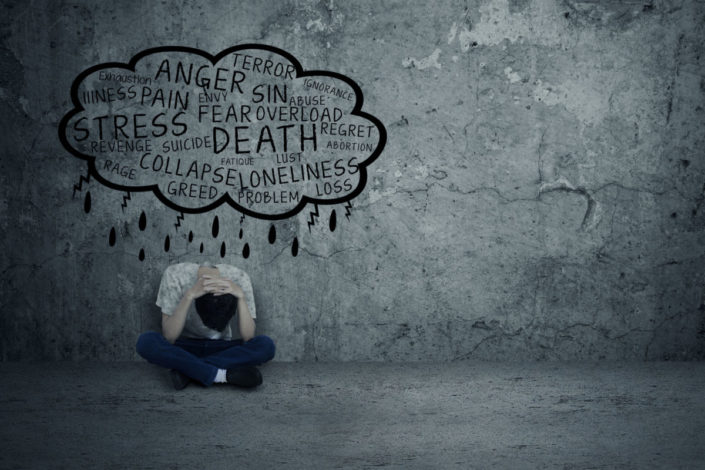Depression in Children and Teens
What is depression?
Depression is a medical illness. It affects your mental and physical health. Anyone can have depression. It is important to know that it is not your fault. Children and teens who are depressed may have different symptoms than adults.
Younger children who are depressed may:
have a poor appetite and/or weight loss
feel sad or hopeless
not enjoy playing as much as usual
worry more.
Older children who are depressed may:
be anxious or have trouble focusing
be angry and act out or lose their temper more
have changes in appetite (eating more or less than usual)
not want to go to school or other social activities
complain of feeling sick often
seem less confident or feel like they can’t do anything right.
Things to consider
Young people can be depressed for many reasons. Genetics, health conditions, and life events can be factors. Below are other possible reasons for depression in children and teens.
Your family moves to a new place to live.
Your child has to change to a new school.
A pet, friend, or family member dies.
Someone in your family is very sick.
Your child experiences bullying or a form of abuse.
Your child suffers from behavioral problems, such as attention-deficit hyperactivity disorder (ADHD).
Currently, the American Academy of Family Physicians (AAFP) recommends depression screening for teens, ages 12 to 18, who have symptoms. The AAFP does not have enough evidence to assess the benefits and risks of screening children younger than 11 years of age for depression.
When to see the doctor
If you notice symptoms for 2 or more weeks, it might mean that your child is depressed. Your doctor can do an exam and refer your child to a specialist. This may include a counselor, therapist, psychologist, or psychiatrist. Your child can talk to them about what and how they feel. Family counseling can help everyone in your family. A combination of counseling and medicine can help treat depression in most young people.
Contact the National Suicide Prevention Lifeline if you think your child or teen is having thoughts of suicide. Call 911 if your child attempts suicide.
Questions to ask your doctor
How can I tell if my child or teen is depressed?
What can I do to help prevent depression?
What types of medicine help treat depression in children and teens? What are the side effects?
Can you recommend a support group for my child or teen who is depressed?
Resources
American Academy of Family Physicians, Clinical Recommendation for Depression
National Suicide Prevention Lifeline, 1-800-273-TALK (8255)
National Institute of Mental Health, Depression Studies for Children
National Institute of Mental Health, Teen Depression
This content has been supported by Forest Laboratories Inc.

